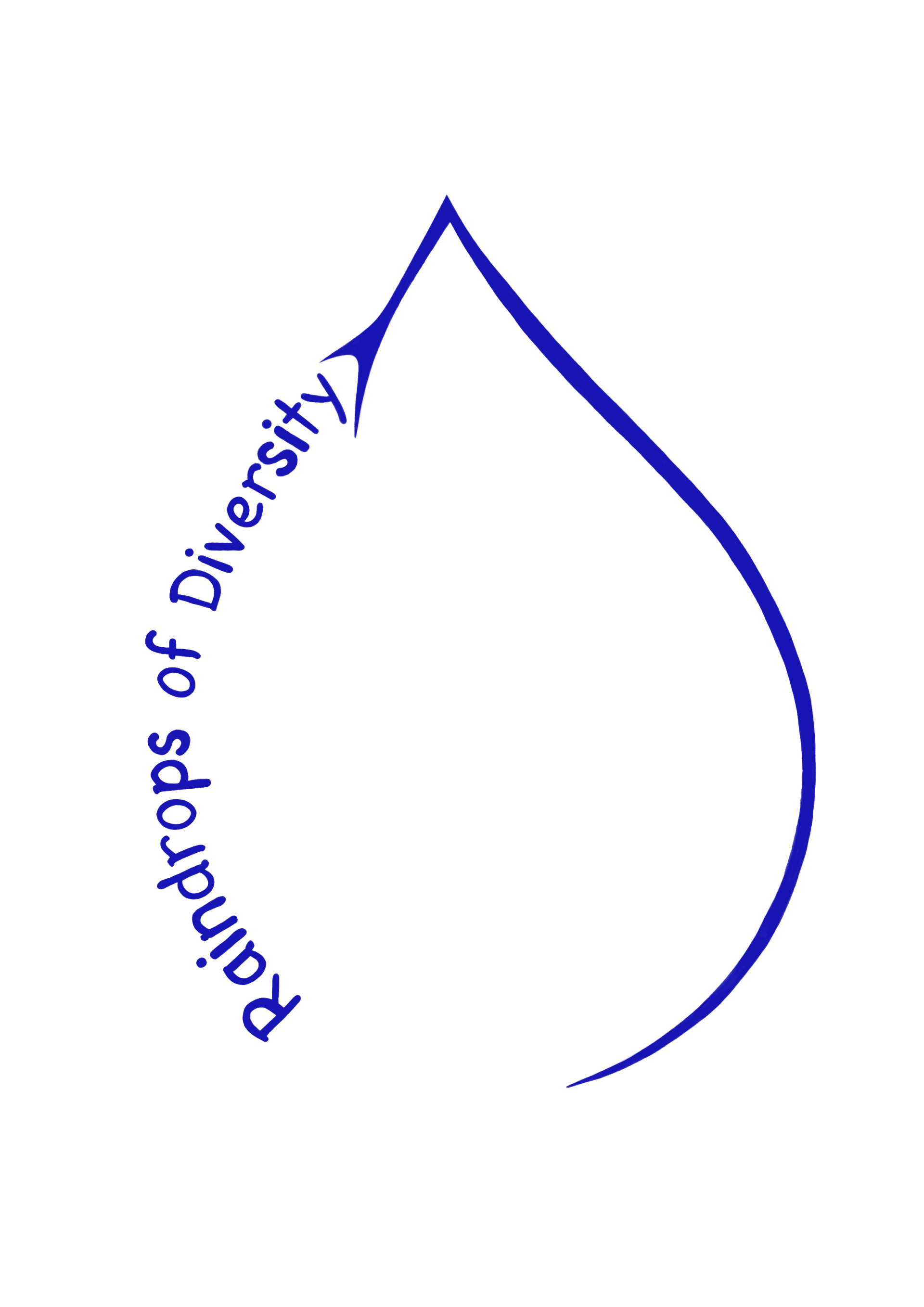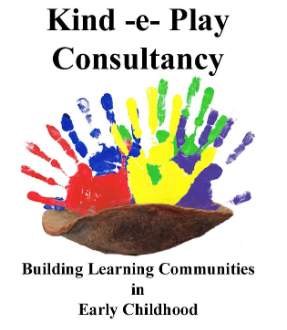Feeling Settled
Written By
Janice Rocca and Michelle Raikuna-Jones
http://www.raindropsofdiversity.com
Have you ever wondered why it takes some children longer than others to settle? Do you wonder why one day a baby, toddler or child is settled, the next day they require additional support to settle into the routines and rituals of the day?
Factors influencing the ability to feel settled...
Emotional development and emotional maturity can play a part in how well each child settles. There are many factors that can affect emotional wellbeing. These can include changes within family routines, sleep, eating habits, weather patterns, and environmental changes. They can also be as simple as an interruption to a familiar and consistent routine.
Emotional Development...
At differing stages throughout their life, a child will begin to understand and start to manage their own emotions. For each child to be able to understand their own emotions, they need to be nurtured and have opportunities where they can express their own emotions in their own way. Trusting relationships are important for emotional wellbeing as babies, toddlers and children learn about their own emotions during positive and negative exchanges.
Babies:
Babies begin to develop their emotions by noticing their surroundings, and the people within this space. They use vocal cues to express themselves, and begin to learn about different types of emotions depending on the interactions they receive.
It is therefore important at this level of emotional development, that babies receive consistency, are in environments that offer safety, and ensure that their needs are being met. Being able to self-regulate or manage emotions at later stages of development begins with self-settling. Offering a baby opportunities to work through their own emotions when and where appropriate, will assist greatly in developing the skills needed and the confidence required to work through and manage their emotions as they grow.
Toddlers:
As a baby begins to navigate their world and find their own place, their emotional developmental milestones adjust. As a Toddler, big emotions may be expressed as they gain an understanding of ways they can express their emotions. It is also a time when they begin to assert their likes, and dislikes and they are becoming more aware of the responses they receive depending on the way they manage their emotions. Although it is still important for babies, toddlers and young children to see emotions through facial expressions, it is now a good time to introduce words to describe emotions. Visual cues and additional support to assist your Toddler to complete a task independently can help to regulate and manage bigger emotions. Ensuring the resources you are offering allow for all children to participate is just as important as offering opportunities for children to learn about their turn, waiting while it is someone else’s turn, and then understanding when it is their turn again.
During this stage of emotional development, positive reinforcement for great choices in handling situations will allow children to feel good about their choices, banking these emotions and responses for next time. Being consistent with your positive reinforcement will allow your Toddler to feel validated and capable.
Young Children:
The more opportunities a child has to work through their emotions, understand their own responses and feelings and be assisted with strategies they can use later will assist in building emotional maturity. Emotional Maturity, self-regulation and successful problem solving compliments social development, and allows children to build and maintain relationships with others and work through problems and seek solutions independently.
Stop, Think and Wonder...
How can I support each child to feel settled?
Am I being consistent in my responses to each baby, toddler and child's emotions?
Do I have an understanding that each child will have their own responses, their own understanding and will be developing their own emotional wellbeing in their own time?
Am I providing a safe environment, where I am not only meeting basic needs, but allowing opportunities for self-settling, self-regulating and am I offering support and guidance for children to be independent?
Assisting the Development of Emotional Maturity Require you to:
Invest your time.
Offer your children opportunities to Learn about and Practise using their emotions
Be Understanding and Patient
Empathise with and Appreciate
the different stages of development needed to reach
Emotional Maturity.
Get in touch
-
Email: admin@janicerocca.com
-
0499 445 565 Janice
0412 083 015 Michelle -
www.facebook.com/RaindropsofDiversity



